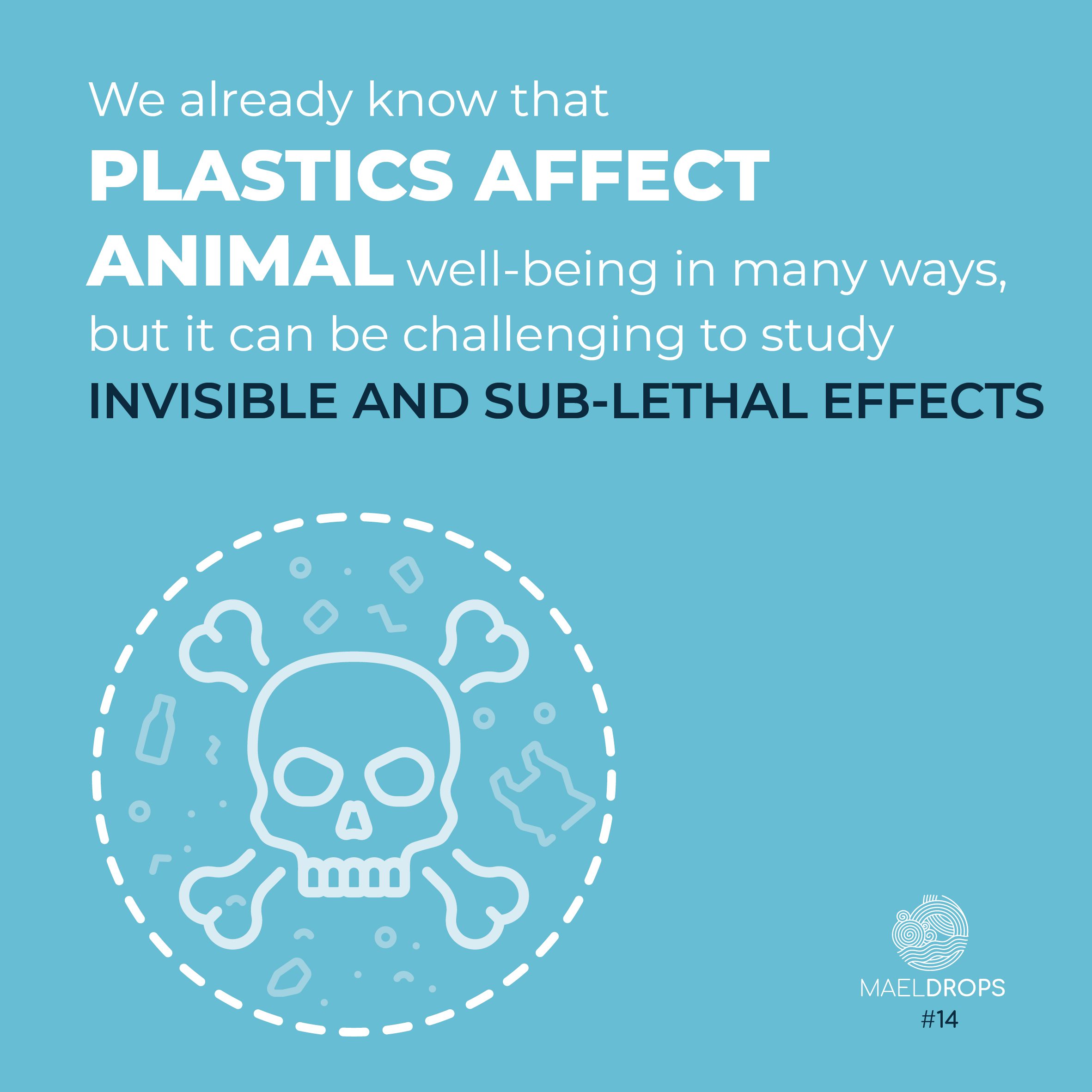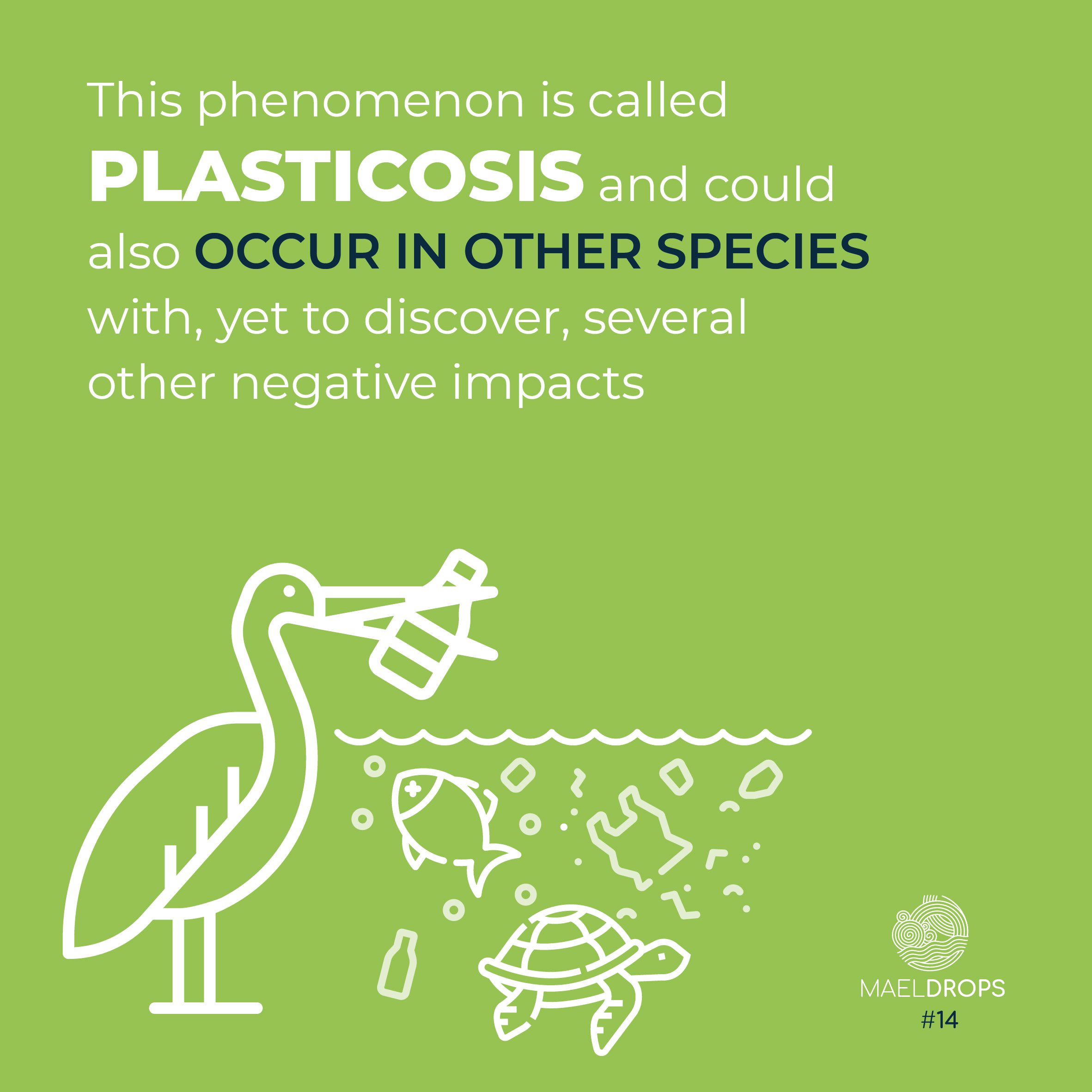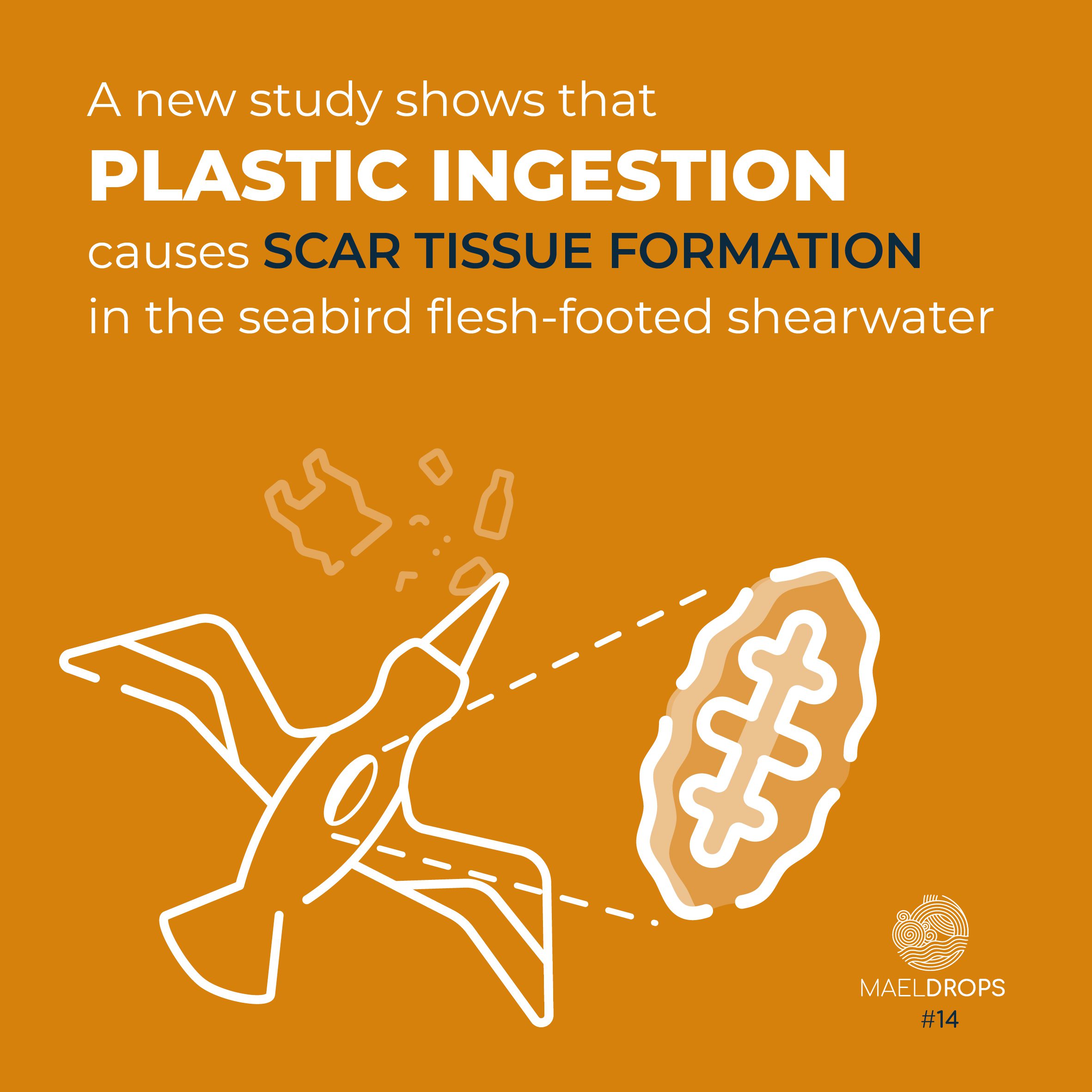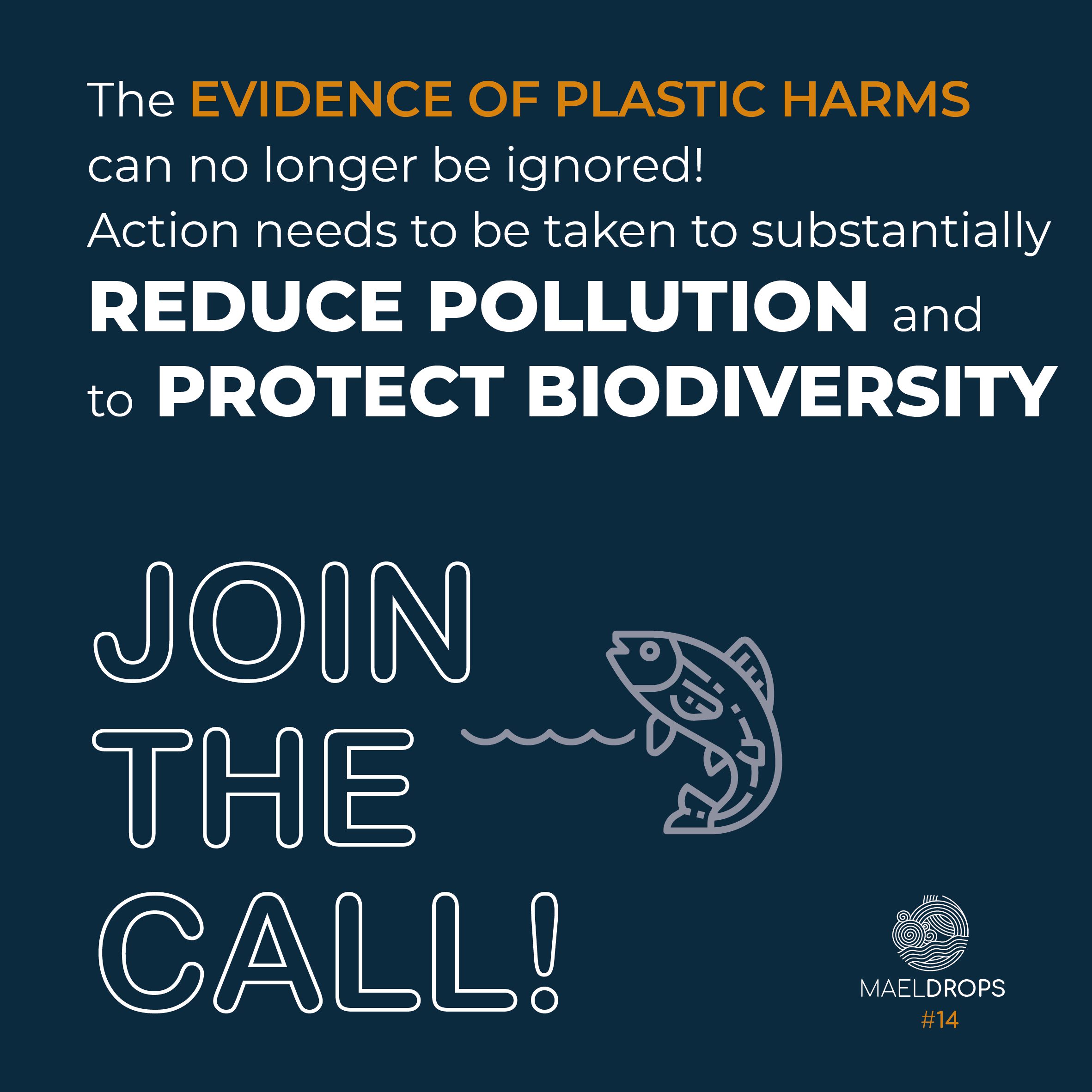MAELDrop #14 | A new pathology: plasticosis
We have long discussed on the harms that plastics can cause to animals: whales found with stomachs full of plastic, birds imprisoned in remnants of netting and waste that prevent them from flying, reduced ability to feed and to reproduce, among several other consequences.
However, documenting “invisible” and sub-lethal effects of plastic ingestion outside laboratories is often challenging, making it difficult to prove the correlation of plastic ingestion and negative impacts on animal health. At least until a recent study, conducted on flesh-footed shearwater, a medium-sized seabird.
The authors showed that ingestion of micro- and macroplastics in this species results in an overproduction of scar tissue (i.e., fibrosis) in the digestive tract, more specifically in the proventriculus, where digestion takes place [1]. The greater the amount of plastic ingested, the worse the fibrosis [2].
Researchers have named this phenomenon “plasticosis,” making it very clear how plastics can cause real pathologies – pathologies of the Anthropocene. In the shearwater, plasticosis can adversely affect the ability to absorb nutrients, the development of chicks, and make animals more vulnerable to infection. Moreover, although the research was conducted on only one species, it may actually affect others, and not just among birds.
Scientific evidence on the harms of plastics has long been too abundant to ignore. Action needs to be taken to substantially reduce pollution and to protect biodiversity. MAELSTROM deploys interdisciplinary expertise and new sustainable technologies to contribute to this goal, but a global challenge such as this, calls for a global collective effort. Stay with us; we will post regular updates on our work and suggestions on how you too can help!



